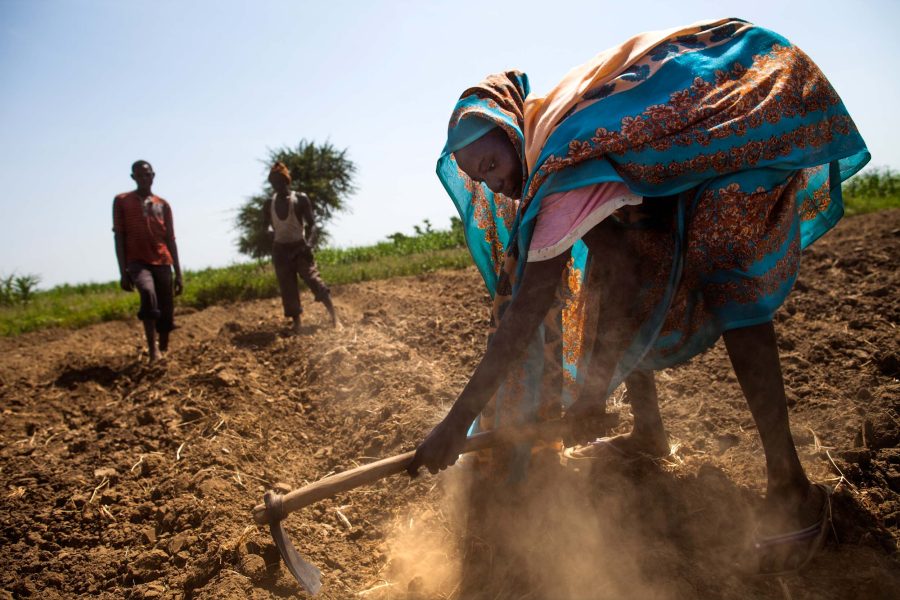
Pressure mounts on Parliament to pass the overdue land policy as the South Sudan Land Alliance (SSULA) calls for immediate legislative action, warning that prolonged delays in passing the National Land Policy (NLP) are undermining peace, justice, and development across the country.
SSULA Chairperson Dorothy Drabuga Ambrose urged lawmakers to treat the policy as a national priority as Parliament reconvenes this week.
“The National Land Policy has been in the making for nearly 20 years. Our people, especially Indigenous communities, women, and youth, can no longer afford to wait. This policy is not just about land. It’s about justice, equity, and peace,” Ambrose told the press on Wednesday.
Despite approval from the Council of Ministers on October 27, 2023, and being tabled before Parliament on November 21, 2024, the NLP has remained stalled, delaying key land reform provisions of the Revitalized Peace Agreement (R-ARCSS).
While SSULA and its supporters argue that the policy is essential for resolving land-related conflicts and fostering sustainable development, some local communities have voiced concerns over its impact.
Critics argue that the proposed framework may deprive traditional landowners of their ancestral rights, potentially disrupting customary land tenure systems that have governed land use for generations.
Many fear that the policy’s implementation could prioritize formalized land administration structures over traditional ownership, leaving local communities vulnerable to displacement and land insecurity. SSULA’s renewed call to action is backed by more than 50 national and international organizations, including the Rights and Resources Initiative (RRI).
Under the campaign banner “Land for South Sudan”, the coalition has issued an open letter addressed to Speaker Jemma Nunu Kumba and Ambrose Lomin, Chairperson of the Parliamentary Committee on Land and Physical Infrastructure, urging swift action.
Supporters of the policy argue that its enactment would mark a significant milestone in South Sudan’s path toward post-conflict recovery, improved climate resilience, and local empowerment. By granting communities legal rights to manage and protect their natural resources, the policy could unlock new avenues for investment and development.
However, as Parliament reconvenes, the debate over the policy’s impact on traditional land ownership is expected to intensify. SSULA and its partners urge legislators to strike a balance between formal governance structures and community land rights, ensuring that the policy protects both national interests and the ancestral rights of South Sudanese citizens.

